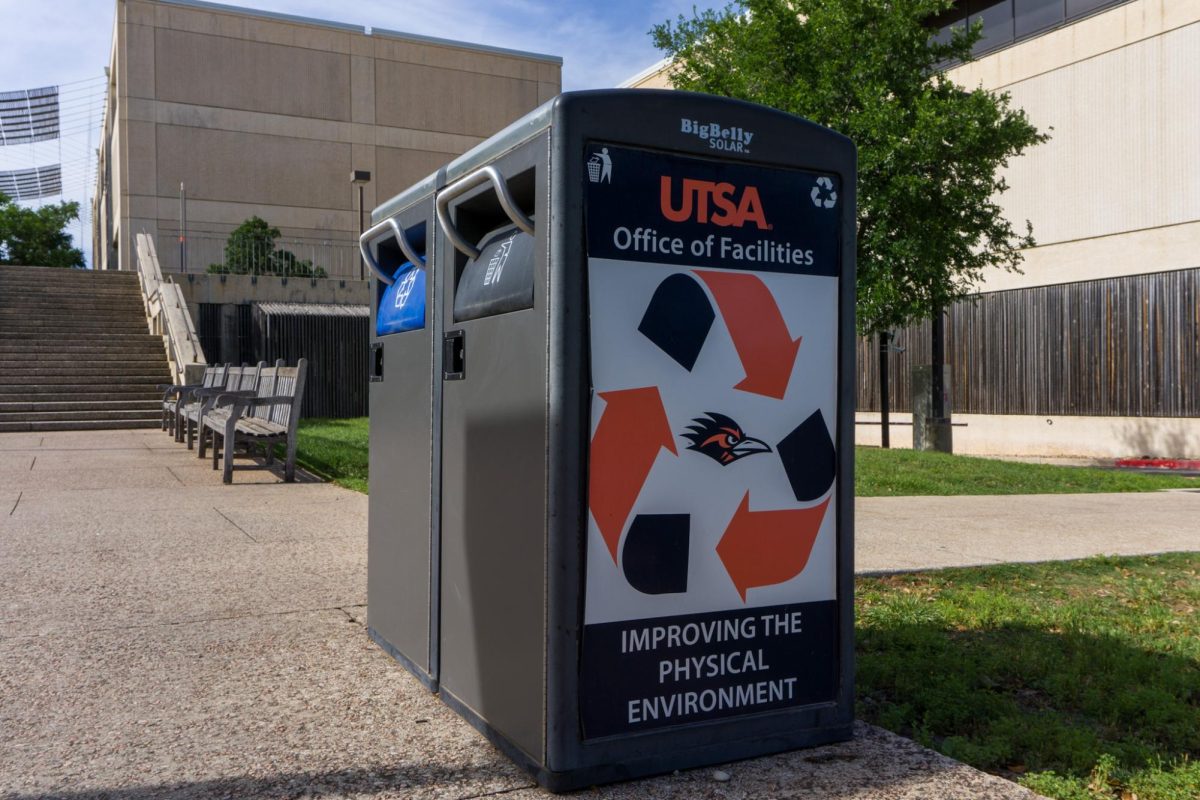
Associated Press File Photo
The kidnapping and killing of 43 Mexican college students haunts, inciting a violent response across the nation. “Mexicans have looked in the mirror and see something that they don’t like,” said Dr. Agustín Escobar about the bloody protests in Guerrero, Mex. consequent of the murders and abduction of the students. Citing the protests in Mexico during his opening statement, Escobar demonstrated the need for the Mexican government intervention and a public initiative to stop violence within the country.
Dr. Escobar has been a chief stakeholder in the creation of CONEVAL, a system that evaluates poverty and economic hardships in Mexico and provides alternatives to solve or alleviate these concerns. This system, CONEVAL, provides objective information to the pubic about their living standards educating them on what changes need to be made, ultimately holding state and local representatives accountable for concerns such as social security, education and health care.
Escobar’s spoke at a UTSA’s Mexico Center and Office of International Programs event occurred at the downtown campus Thurs. 13. His lecture considered the current unrest in Mexico and discussed how academic solutions to Mexico’s economic and safety concerns.
A Mexican federal law implemented in 2010 mandates that all Mexican ministries must submit governmental program evaluations to congress every year. The evaluations ensure that the programs implemented fulfill their intended purposes. Furthermore, Escobar explained that despite mandatory evaluations, the laws vague requirements have not done an adequate job keeping the Mexican people informed.
The National Council for the Evaluation of Social Development Policy (CONEVAL), a Mexican Federal Pubic Administration organization created in 2006, provides objective information on Mexican social policy and strives to inform the Mexican public and hopefully improve policy decisions. CONEVAL creates and regulates the guidelines for measuring social and poverty evaluations to ensure programs are implemented correctly.
The objective of CONEVAL, according to Escobar, is to inform citizens and to drive change through displaying the truth about the state of the Mexican nation. CONEVAL’s reports evaluate the components of each federal program and provide the public a detailed account of a program’s structure. Statistical analysis is then computed to find each dimension of poverty for each state and show changing demographics in each state. Once computed, the analyses are reviewed by government officials who use the information to make informed policy decisions; however, not all research is considered.
Rather than using CONEVAL as a system
“CONEVAL was not given a mandate over state government, so we must encourage state governments, but it does give us any legal mandate to make them do these things,” said Escobar.
While CONEVAL provides valuable resources, it is a tool that has no inherent authority to ensure governmental change. Fortunately, Mexican policy reform strives to hold officials accountable for program inefficiencies. Escobar explained that the national council will hold stakeholders accountable through signed documents that outline the upcoming changes stakeholders promise to change. If a program, upon evaluation, has not made any noticeable improvement, then budgets can be cut.
“(CONEVAL) has received a substantial reputation,” said Escobar. “Our last addition of poverty measurement in 2012-2013, (received) over a million retweets so the public is not just relying on the papers but (also) the web page to identity something that is interesting.”
The program’s good reputation, Escobar explained, can in part be attributed to the academic interest of CONEVAL’s board. Unaffected by special interests, the board, whose salary is not determined by ministries, is void of negative influences that skew research results.
Mexican law permits local municipalities to consider CONEVAL’s assistance, leaving CONEVAL with minimal authority to promote informed policy making. The Mexican government, Escobar noted, suggested that CONEVAL should become a constitutional autonomous entity; this suggestion would allow the organization to manage its own budget—unregulated by governmental oversight. However, constitutionally autonomous bodies in Mexico are politically influenced. Although CONEVAL would receive more funds as an autonomous body, the organization may fall prey to appointing staff who represent political parties, causing Mexican citizens to question the objectivity of CONVEAL’s data.
“I don’t think we should be skeptical about what is coming,” assured Escobar. “Overall we are moving in the direction to have better assessments of health and education.”











